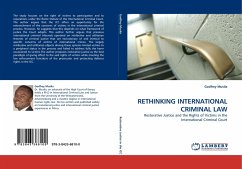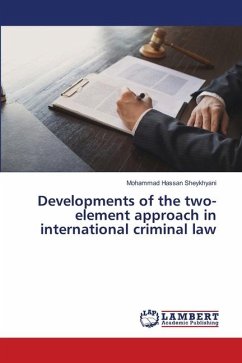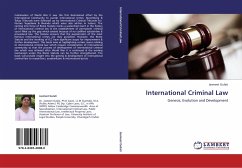The study focuses on the right of victims to participation and to reparations under the Rome Statute of the International Criminal Court. The author argues that the ICC offers an opportunity for the entrenchment of the concerns of victims in the international criminal process. However, he suggests that this depends on what framework of justice the Court adopts. The author further argues that previous international criminal tribunals operated on retributive and utilitarian theories of criminal justice that are exclusionary of and inimical to specific concerns of victims of international crimes. The largely retributive and utilitarian objects driving these systems limited victims to a peripheral status in the process and failed to address fully the harm occasioned to victims.The author proposes restorative justice as the best paradigm of giving effect to the said rights of victims while meeting the law enforcement functions of the prosecutor and protecting defence rights in the ICC.
Bitte wählen Sie Ihr Anliegen aus.
Rechnungen
Retourenschein anfordern
Bestellstatus
Storno








